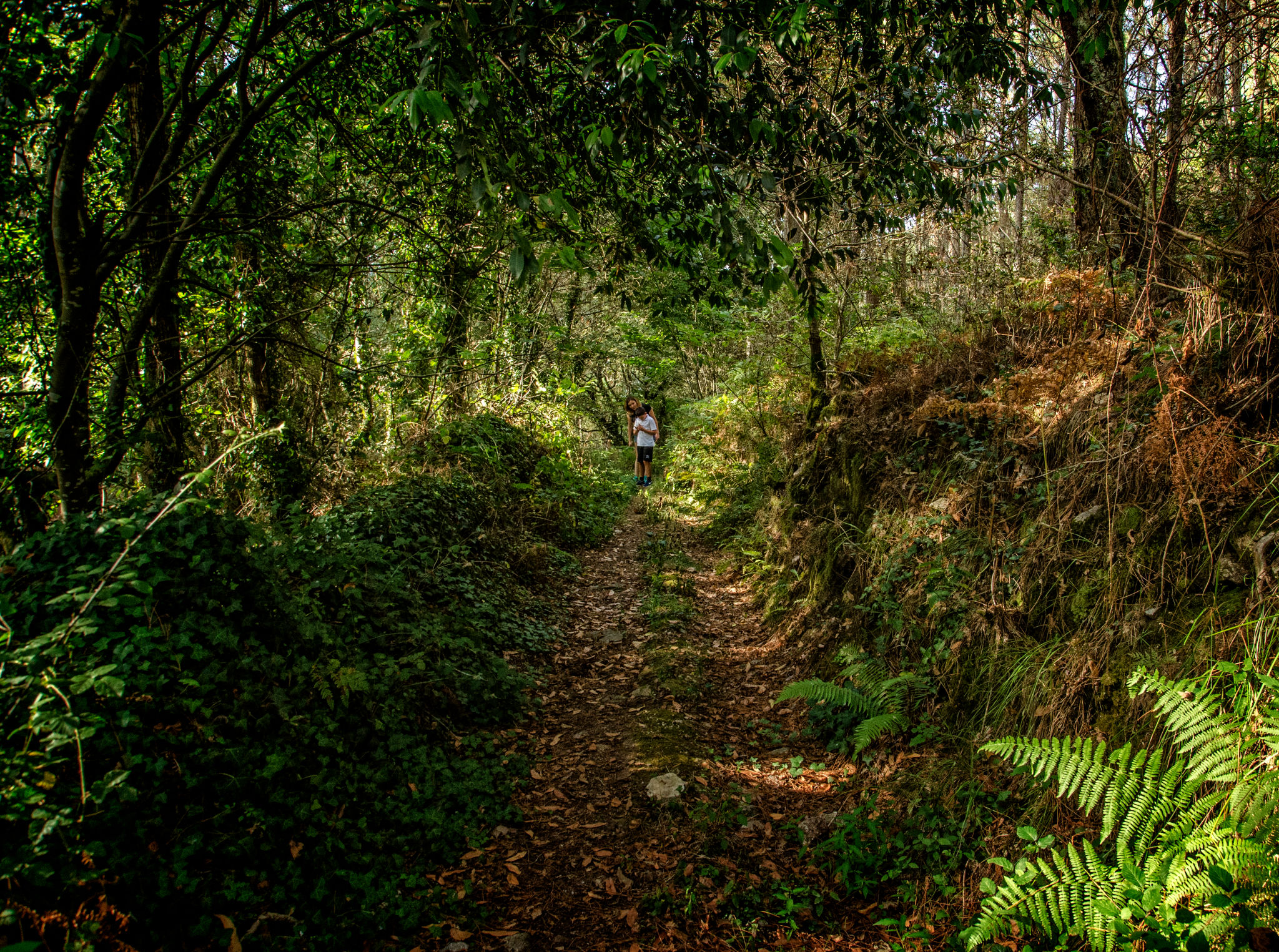Top Travel Trends: Eco-Friendly Tourism in Spain
Exploring Eco-Friendly Tourism in Spain
Spain, a country renowned for its rich cultural heritage, vibrant festivals, and stunning landscapes, is increasingly becoming a leader in eco-friendly tourism. With an array of sustainable travel options, Spain offers an unforgettable experience for those looking to reduce their carbon footprint while indulging in the beauty of this European gem.

Sustainable Accommodations
One of the key components of eco-friendly tourism in Spain is the availability of sustainable accommodations. From eco-lodges nestled in the lush countryside to urban hotels with green certifications, Spain provides diverse options for environmentally conscious travelers. Many of these accommodations utilize renewable energy sources, minimize waste, and promote water conservation, ensuring a stay that aligns with your green values.
Some notable examples include the eco-friendly hotels in the Balearic Islands, which have adopted sustainable practices such as solar power and rainwater harvesting. These accommodations not only provide comfort and luxury but also demonstrate a commitment to preserving the natural beauty of their surroundings.
Eco-Tours and Activities
Spain offers a plethora of eco-tours and activities that cater to the environmentally aware traveler. Whether you're interested in hiking through national parks, cycling along scenic routes, or birdwatching in protected areas, there's no shortage of ways to explore Spain's natural wonders sustainably.

Popular eco-tourism destinations include the Doñana National Park, home to diverse wildlife and ecosystems, and the Camino de Santiago, where you can embark on a spiritual journey while minimizing your ecological impact. These activities not only offer adventure but also help promote conservation efforts across the country.
Local and Organic Cuisine
Another aspect of eco-friendly tourism in Spain is the emphasis on local and organic cuisine. The farm-to-table movement has gained momentum, with many restaurants sourcing ingredients from local farms and markets. By savoring traditional dishes prepared with fresh, organic produce, travelers can support sustainable agriculture and enjoy authentic Spanish flavors.
The regions of Andalusia and Catalonia are particularly known for their commitment to organic farming and sustainable dining experiences. Indulging in Spain's culinary delights while supporting local farmers is a win-win for both travelers and the environment.

Transportation Alternatives
Getting around Spain sustainably is easier than ever with various transportation alternatives available. The extensive train network, including high-speed trains like the AVE, offers an eco-friendly way to travel between cities while enjoying scenic views. Additionally, many cities in Spain have embraced cycling as a means of transport, with dedicated bike lanes and rental services readily accessible.
For those looking to explore more remote areas, electric car rentals and car-sharing services provide a convenient and sustainable option. By choosing these alternatives, travelers can significantly reduce their carbon footprint while exploring the diverse landscapes that Spain has to offer.
Contributing to Conservation
Eco-friendly tourism in Spain goes beyond just reducing footprints; it also involves actively contributing to conservation efforts. Many tour operators and accommodations partner with local organizations to support environmental protection projects, such as reforestation initiatives or wildlife preservation programs.
Travelers can participate in these efforts by choosing tours that give back to the community or volunteering for conservation projects during their stay. This not only enhances the travel experience but also ensures that future generations can enjoy Spain's natural beauty.